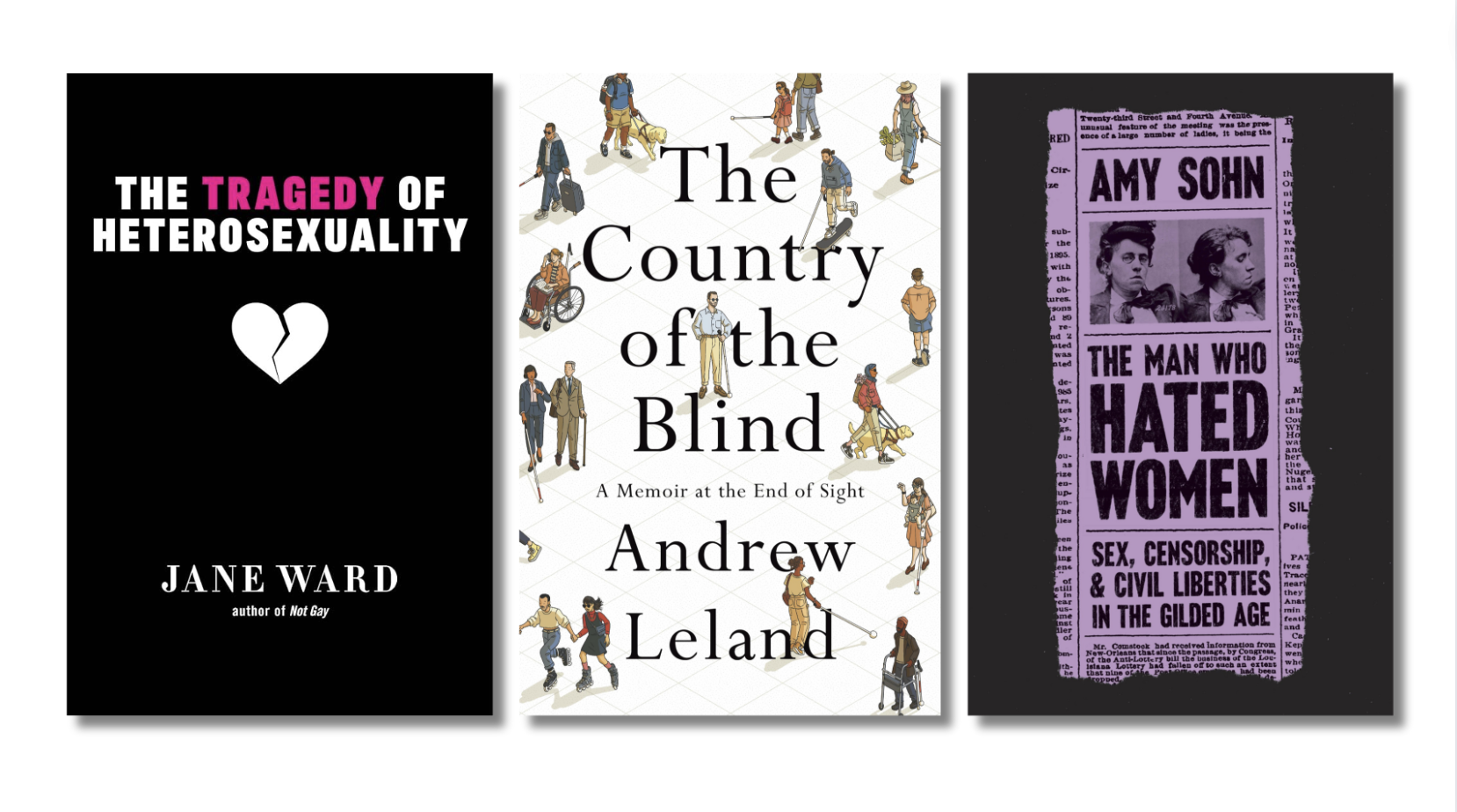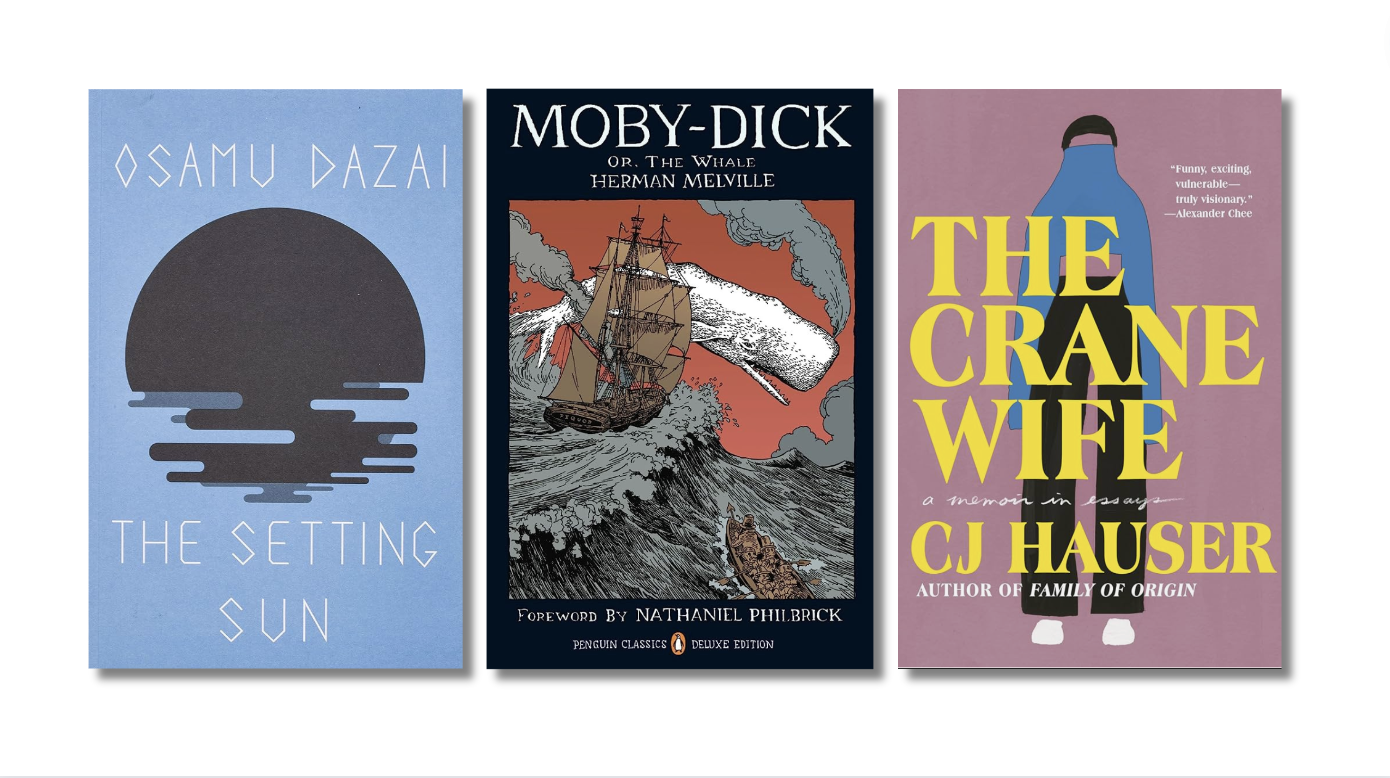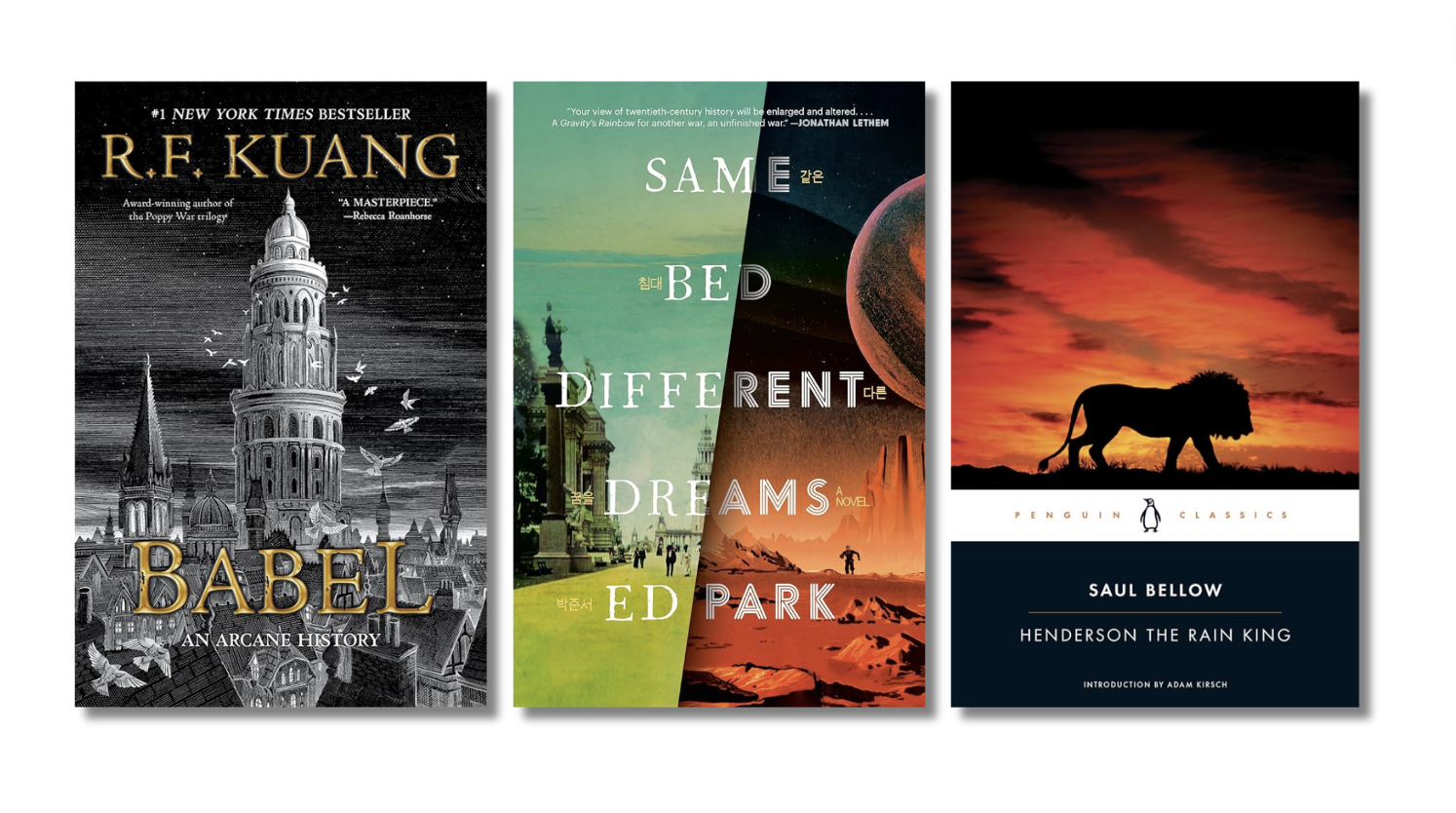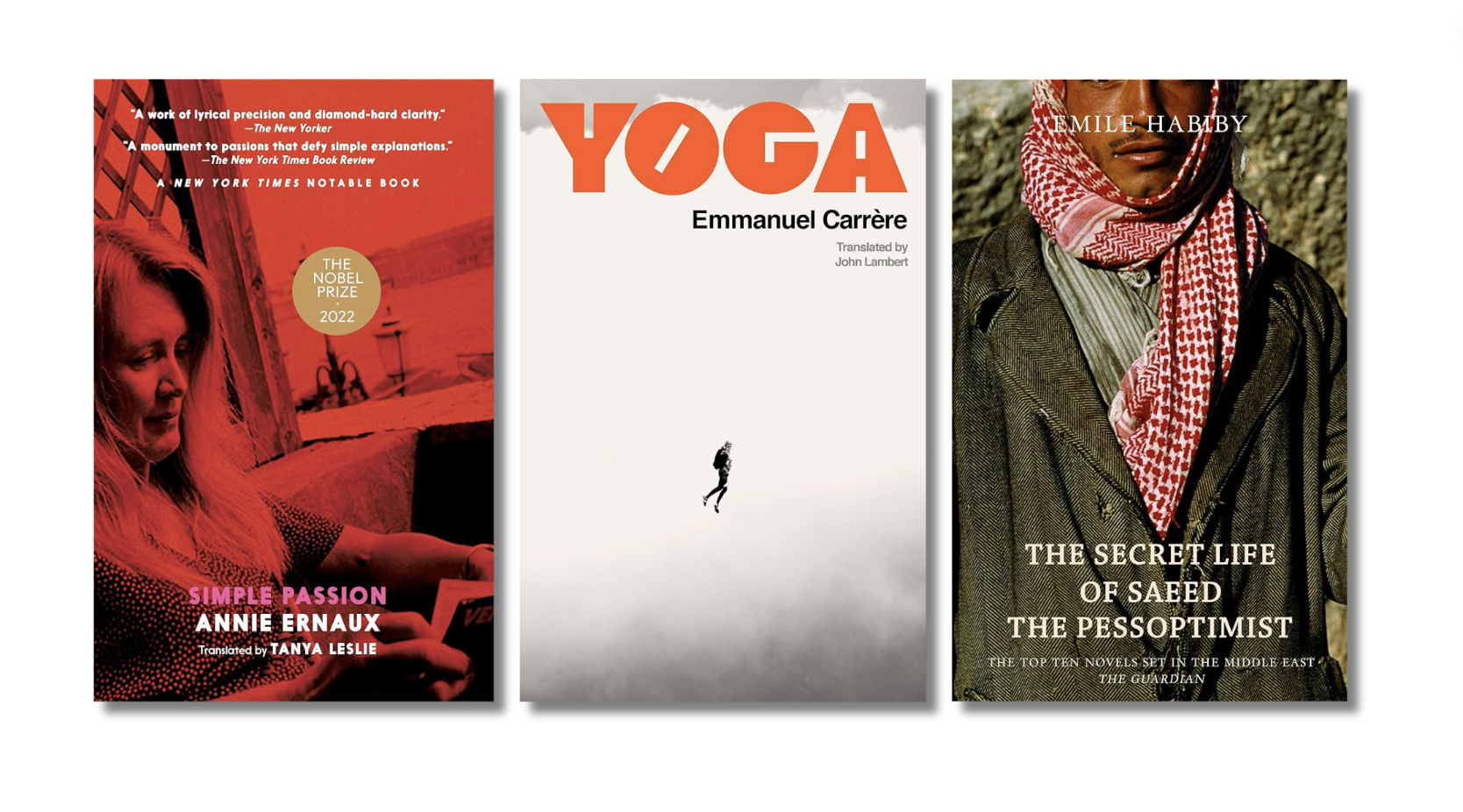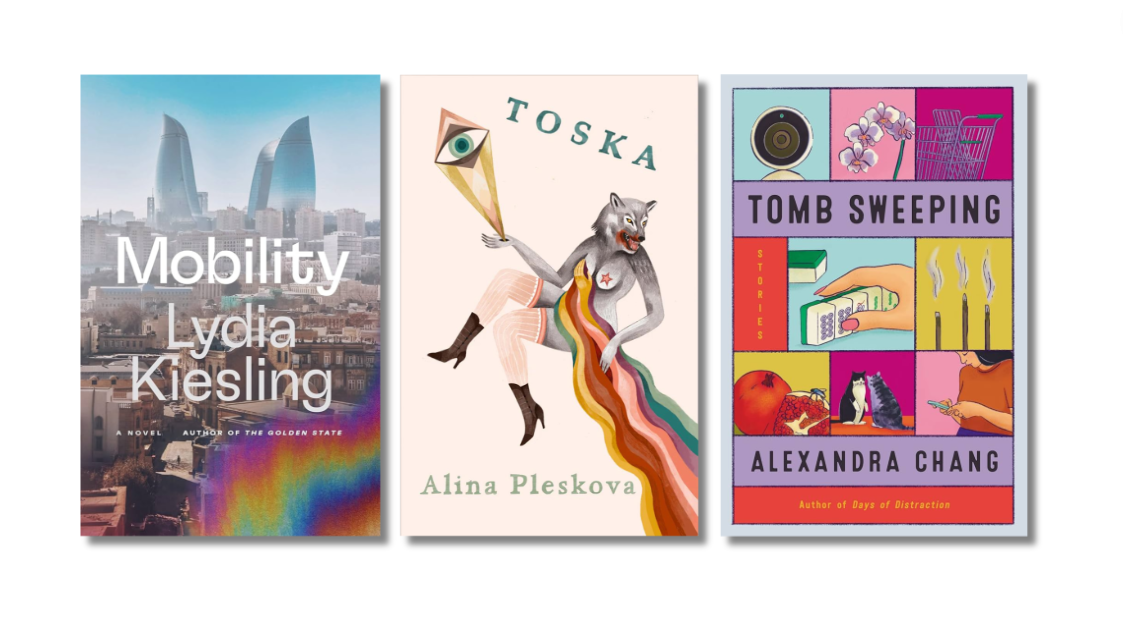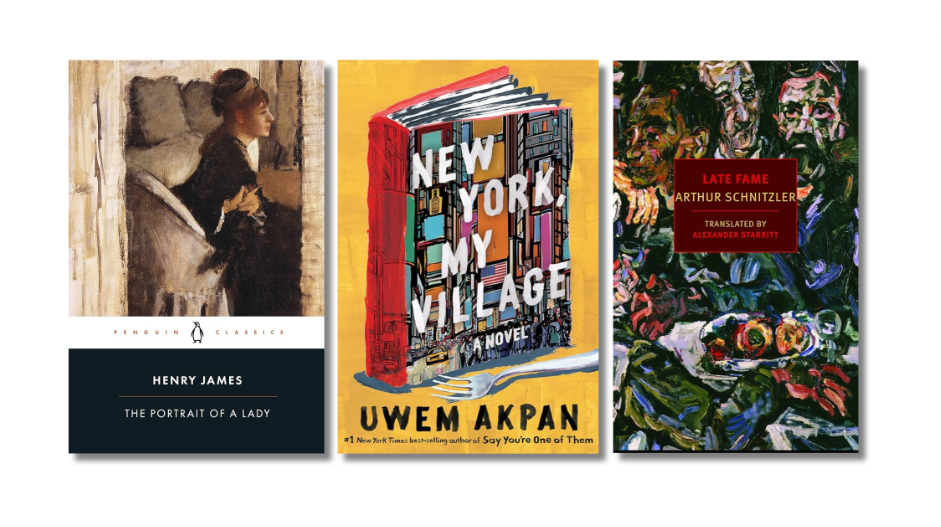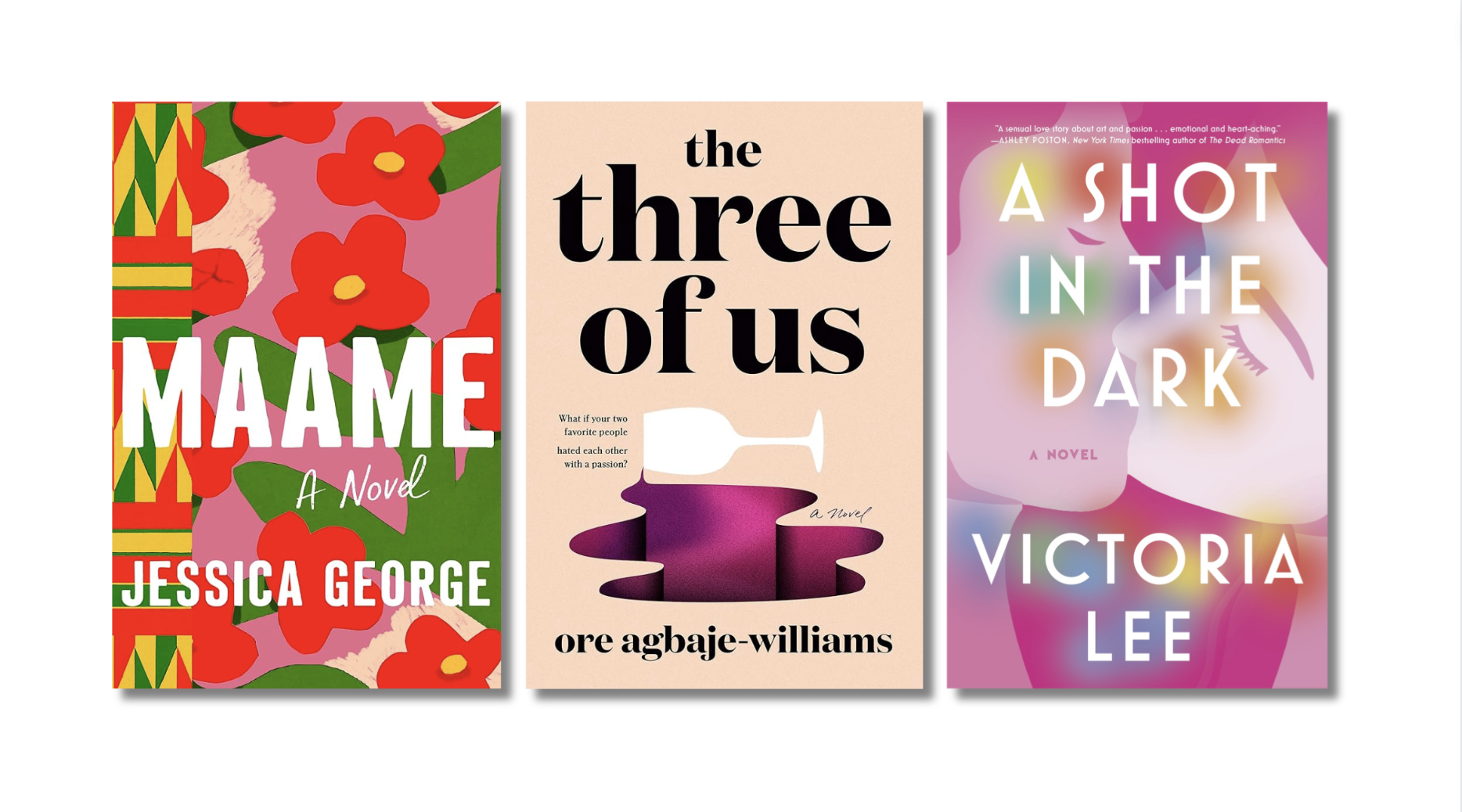What do you read, what do you have the time and energy to read, the year your first book comes out and you slowly crawl back to the drawing board to write the second, drip by unsteady lead pipe drip? 2019 was a cruel and exciting time to crisscross the country to engage with other writers and promote your strange feminist immigrant memoir (and read from it more times than you thought you ever could or should). There were many incredible books I could not get to this year, but here are some of the ones I devoured on my way to and from PDX airport. In honor of underdogs everywhere I am going to cover books from small presses or ones that flew below the radar and leave the heavy hitters for the feel-like-dog-shit end of the year winners lists.
Let us begin at the natural home of all the white-men-are-garbage controversies and go right to the crotch area. Caren Beilin’s Blackfishing the IUD completely knocked me out and illuminated so much about the plight of women’s health, copper toxicity, gaslighting, and the need for more research on birth control. I was in the hands of a writer so well-read, so prepared, and so capable, all while suffering the loss of her own health, that I kept wanting to scream out, Why the hell isn’t this on the news, in the streets, blowing up? Well, it’s about what we little sneaks hide up there in our uterus/machines, so it’s yucky and private. Or totally none of anyone’s concern or interest. Unlike abortion. It wasn’t that long ago that women were advised to douse their “dirty” vaginas in Lysol or douche out a man’s ejaculate rather than allow the withdrawal method to inconvenience his pleasure. Beilin is tapping us on the shoulder with a copper fist to pay attention to the sick woman with a coil inside. She is not your grandma’s ghost; you barely have any reproductive rights or advances in not being the butt of a cosmic joke—one where you have to experience minor side-effects, like no longer wanting sex, crying uncontrollably, experiencing chronic pain, anxiety, depression, and possible risk of death in order to bone Larry (we forgot oral sex exists), Gary (we forgot paying your bills is a thing), or Josh (we forgot to break up).


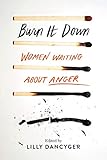

 My hit parade of angry, annoyed, hungry, and tired masses of women stacked up to the ceiling this year. Good thing that protective glass was there to cap my voracious appetite for knowledge coming from anyone other than mediocre dudes. Speaking of not having any of it, in The Not Wives, Carley Moore created a nuanced character us single mothers who exist hand-to-mouth, whether in blue-collar or academic purgatories, have needed for some time now. This is the modern Cookie Mueller without massive amounts of drugs, and I can stand to read a thousand more variations on this theme, please and thank you.
My hit parade of angry, annoyed, hungry, and tired masses of women stacked up to the ceiling this year. Good thing that protective glass was there to cap my voracious appetite for knowledge coming from anyone other than mediocre dudes. Speaking of not having any of it, in The Not Wives, Carley Moore created a nuanced character us single mothers who exist hand-to-mouth, whether in blue-collar or academic purgatories, have needed for some time now. This is the modern Cookie Mueller without massive amounts of drugs, and I can stand to read a thousand more variations on this theme, please and thank you.
I read Moore alongside the new edition of Judith Arcana’s literary biography of another scrappy urban badass, Grace Paley’s Life Stories, a vital and thorough exploration of one of the greatest writers and activists of our time. Turns out I am mildly shallow because the whole time I was just waiting for the juicy old romance/new romance tidbits and drama. Paley loves and likes men a whole lot, and she is a master at showing what that love does to a woman. In the end, I learned that your kids are going to quit high school and temporarily hate your guts even if you are indeed actually Grace fucking Paley (who is the inspiration for my current protagonist in the making and I would chop off both my pinky toes to snort her ashes).
Mattilda Bernstein Sycamore is as pure as the driven glow stick juice and she perfectly channels the—Hey kids, get another decade to imitate cuz ya can’t—’90s club scene in Sketchtasy, and this girl is both fast and a fast girl, so it’s a BoGo. Keep your eye on this prize because Sycamore is churning out a few more projects you won’t wanna miss. She knows that nostalgia parties are funerals and to hear her read or talk is to live.
Lilly Dancyger brought us the right anthology for these bleak times with Burn It Down: Women Writing about Anger. The voices range in pitch, background, geography, and best practices for expressing rage, but they all manage to deal with the body, shame, and violence in an intersectional and intentional way that reminds me of the groundbreaking sister companion texts Angry Women and Angry Women in Rock, edited by Andrea Juno and V. Vale. I wouldn’t have survived high school or college without Karen Finley, Annie Sprinkle, Kathy Acker, Lydia Lunch, Kathleen Hanna, or bell hooks, and am so grateful for visionary editors who can forge these feminist cauldrons for future generations.

 Just because I would never actually drink Drano with corn nuts doesn’t mean I am not capable of ingesting the equivalent of the blue crunchy stuff as my reading experience. I died and died smashing my face on the coffee table, I mean, reading The Incest Diary, written by Anonymous, but managed to finish Christine Angot’s narcotic and jangly Incest, before the rigor mortis set in. Someone asked me why I would seek out such material, in a condescending Heathers lunch-time poll style, projecting something sinister onto what is seen as victim literature, or dirty stuff to avoid. I have zero “fascination” with this subject, per se, and while it is the hardest topic in the books-containing-rape category, here’s the deal—these are astonishing works of art. You will glimpse the most private of wars where these characters got their wounds sutured in a way far more relevant than Hemingway’s cock-wagging battlefield sagas. This reminds me to dole out my annual PSA: read Martha Gellhorn, repeat often.
Just because I would never actually drink Drano with corn nuts doesn’t mean I am not capable of ingesting the equivalent of the blue crunchy stuff as my reading experience. I died and died smashing my face on the coffee table, I mean, reading The Incest Diary, written by Anonymous, but managed to finish Christine Angot’s narcotic and jangly Incest, before the rigor mortis set in. Someone asked me why I would seek out such material, in a condescending Heathers lunch-time poll style, projecting something sinister onto what is seen as victim literature, or dirty stuff to avoid. I have zero “fascination” with this subject, per se, and while it is the hardest topic in the books-containing-rape category, here’s the deal—these are astonishing works of art. You will glimpse the most private of wars where these characters got their wounds sutured in a way far more relevant than Hemingway’s cock-wagging battlefield sagas. This reminds me to dole out my annual PSA: read Martha Gellhorn, repeat often.


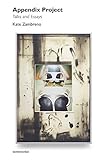
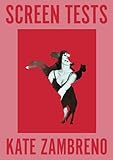 The author of Nine and a Half Weeks may indeed have been a Nazi sympathizer, but I don’t have the proper credentials to make this bold claim since I only lasted in Hebrew school for two years. You will have to read Ghost Waltz and decide for yourself. This yeshiva-attending bookworm was absolutely hooked on Elizabeth McNeill’s story from the first scene to the very last word. I went ahead and pulled a…”but Woody Allen made Annie Hall pass” and compartmentalized the real narrator, Ingeborg Day (anti-Semite?), who lost her job at Ms. magazine of all places because she was in the loony bin recovering from her love affair, which was brief, passionate, creepy, and like most abuse, really hard to admit to and get away from. Having just exited a voluptuously sadistic (and not the sexy or voluntary) relationship of my own, I was rightfully fascinated with the banality of the liberated woman being driven to a psychotic break by a controlling parasite of a man. What year is this again? The lunar calendar says it will be the Year of the Rat…and the jokes write themselves.
The author of Nine and a Half Weeks may indeed have been a Nazi sympathizer, but I don’t have the proper credentials to make this bold claim since I only lasted in Hebrew school for two years. You will have to read Ghost Waltz and decide for yourself. This yeshiva-attending bookworm was absolutely hooked on Elizabeth McNeill’s story from the first scene to the very last word. I went ahead and pulled a…”but Woody Allen made Annie Hall pass” and compartmentalized the real narrator, Ingeborg Day (anti-Semite?), who lost her job at Ms. magazine of all places because she was in the loony bin recovering from her love affair, which was brief, passionate, creepy, and like most abuse, really hard to admit to and get away from. Having just exited a voluptuously sadistic (and not the sexy or voluntary) relationship of my own, I was rightfully fascinated with the banality of the liberated woman being driven to a psychotic break by a controlling parasite of a man. What year is this again? The lunar calendar says it will be the Year of the Rat…and the jokes write themselves.
And finally, please understand that Kate Zambreno can pretty much put out a crayon drawing of a glass of skim milk and I would proclaim it to be the essay of the year, darling. So, how lucky am I that she squeezed out two whole books within a year, The Appendix Project and Screen Tests. It’s a pleasure to read her notes and staccato essays and examine the bones that may never make up a whole skeleton. In that, lies the true joy of these texts—the gaps and silences add up to a whole lot of potent noise and I wanna stick my head in the speaker. If you can’t party this hard, it’s high time you try out one of those coffee enemas Caren Beilin recommends and swears by in Blackfishing the IUD. May your cervix be well in your new year of reading!
More from A Year in Reading 2019
Don’t miss: A Year in Reading 2018, 2017, 2016, 2015, 2014, 2013, 2012, 2011, 2010, 2009, 2008, 2007, 2006, 2005









